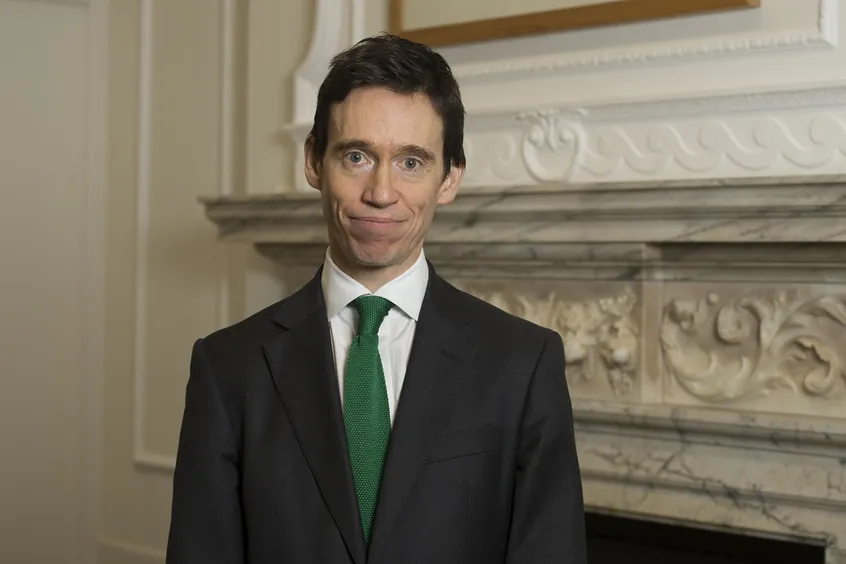There’s a beautifully written, perfectly acted scene in an old TV show: two characters, husband and wife, have been in a heated argument. As they’re beginning to see one another’s point of view, and the heat is about to seep out of the argument, one admits that they were in the wrong.
Just as they add, ‘however’ - about to defend their corner - the other jumps in immediately: 'No. No "however". Just be wrong. Just stand there in your wrongness and be wrong and get used to it!'
Facing up to being wrong
Almost nothing about this moment should resonate with the viewer: these two characters are the First Lady of the USA and the President, respectively, in TV series The West Wing, having their first argument in the Oval Office. But anyone who has been in a real relationship of any kind will recognise this dynamic instantly - the desire to underline the other person’s wrongness, to have them admit it rather than reaching for caveats or excuses.










'Stranger Things' and endings
Over the Christmas holidays, Netflix released the final series of Stranger Things.Since the first series in 2016, we’ve …